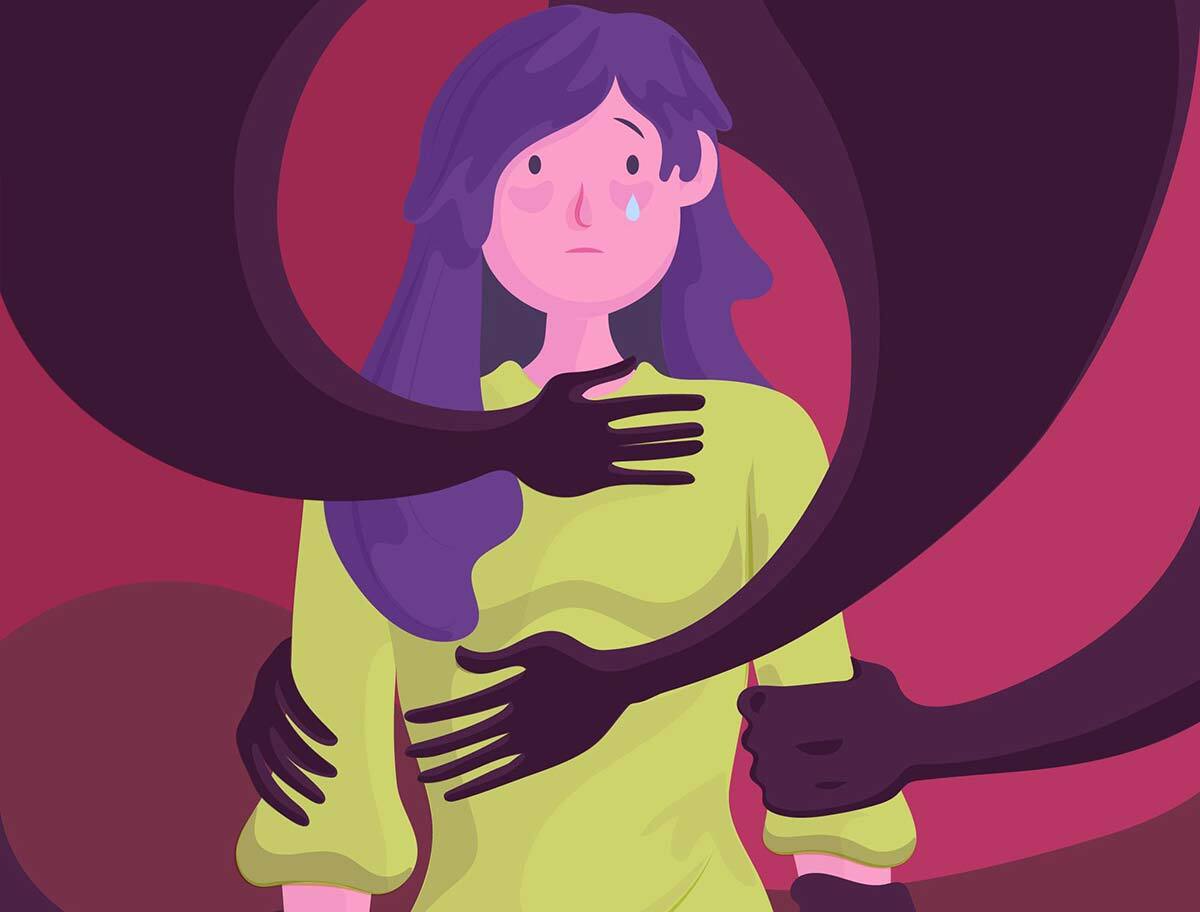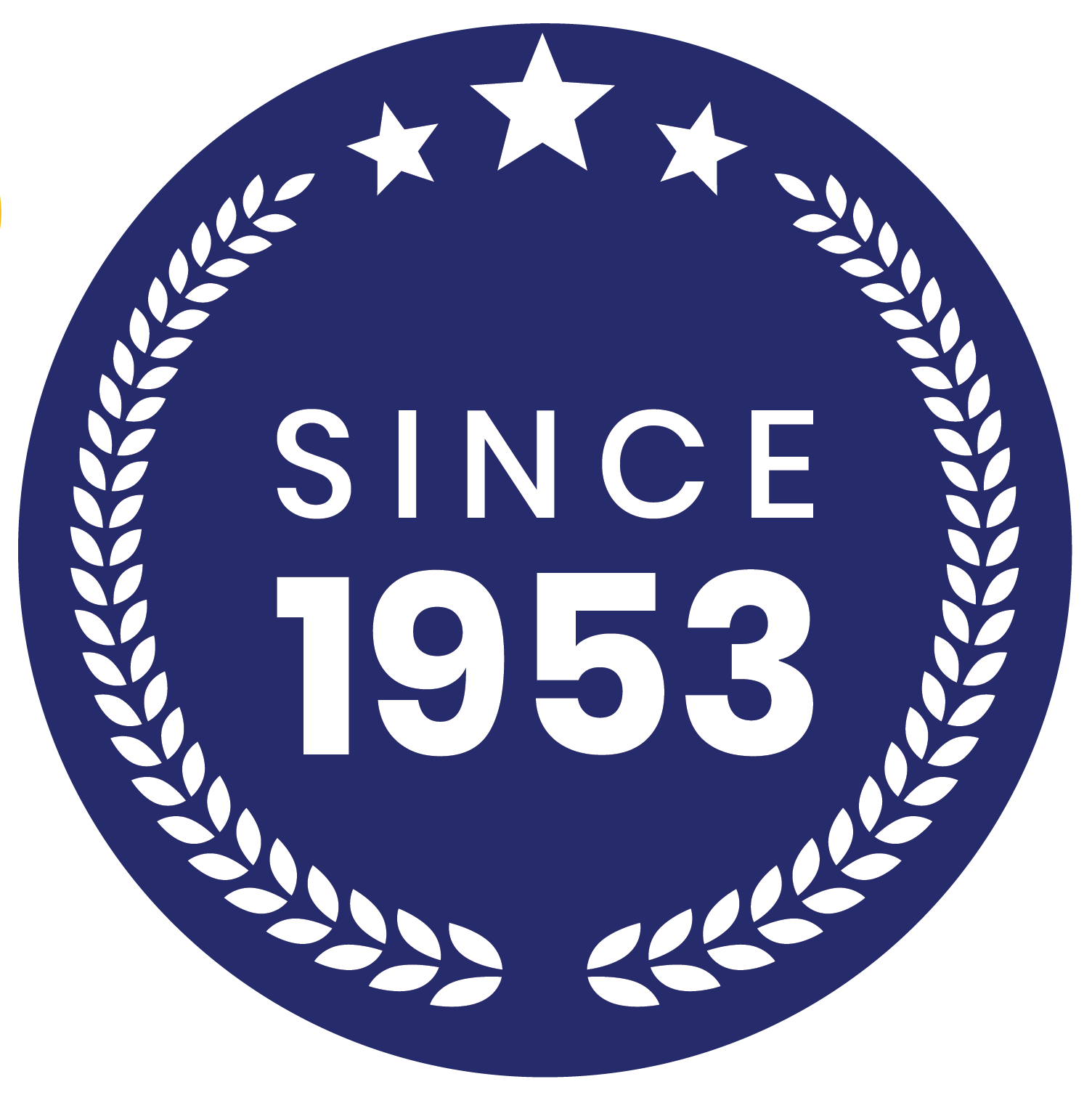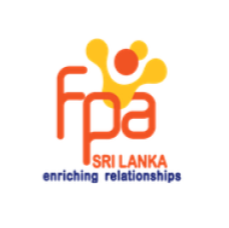Sexual Harassment and Assault: How to Support Yourself and Others

Sexual harassment and sexual assault are words we hear often, but what do they really mean?
Sexual harassment can occur in multiple ways and can include an unwelcome sexual advance to sexual comments (including street harassment), and even non-consensual physical contact. Sexual assault involves any form of non-consensual sexual act, including rape.
In 2024, more than 2200 cases of sexual harassment against women were reported in Sri Lanka. These acts are criminalized under the Penal Code in Sri Lanka, and the Constitution of Sri Lanka guarantees protection from sexual harassment and assault. The government of Sri Lanka also has a national action plan to combat sexual and gender-based violence with a referral system to connect survivors with help. This includes connection to women development officers, trained police units and legal aid services. Despite the availability of legal action however, under-reporting remains high due to stigma, fear of retaliation and a lack of awareness about available support systems.
Listed below is a step-by-step guide of what to do if you or someone you know experiences sexual harassment or assault.
What to do if you experience sexual harassment or assault:
Find a safe space – your well-being is the most important
If needed, seek medical attention immediately at the nearest hospital or clinic
Document the incident – keep notes, messages and pictures as evidence which will be helpful if you choose to pursue legal action.
Speak to an organization that supports survivors of harassment and assault, such as:
Women in Need – Tel: 0775676555
CCC line – Tel: 1333
Lanka Lifeline – Tel: 1375
All the above organizations operate 24/7 to offer legal guidance (including filing a complaint with the police station), shelters, medical care, emotional support and trauma care.
Speak to someone – counselling by a professional is an important part of healing.
What to do if someone you know experiences sexual harassment or assault:
If you know someone who experienced sexual harassment or assault, your response can significantly impact their healing journey. Important steps you can take include:
First listen without judgement, believe them and support them
Offer to accompany them to the hospital, police station or counsellor, if they wish
Reports of sexual violence continues to increase in Sri Lanka today. To combat it, it is important to create a communal change amongst society by increasing awareness and developing culture changing strategies. This includes the inclusion of comprehensive sexuality education for adolescents and youth, the implementation of policies at schools and workplaces to prevent harassment in all forms, and to challenge victim-blaming behaviour openly. Raising awareness amongst community leaders, parents and educators is also vital to raise a generation that understands consent and respect.
The Family Planning Association of Sri Lanka is committed to support those who experience sexual violence with staff trained to ensure a non-judgemental and safe space for all those who seek help. To speak to a counsellor or medical professional contact the Centre for Family Health or Alokaya Counselling Centre at The Family Planning Association of Sri Lanka (+94112555455, No. 37/27, Bullers Lane, Colombo-07).
If you have been forced into a sexual activity or are a victim of sexual violence and are scared of pregnancy; know that you have options. Click here for information and support: https://bit.ly/41egWIC
.png)



